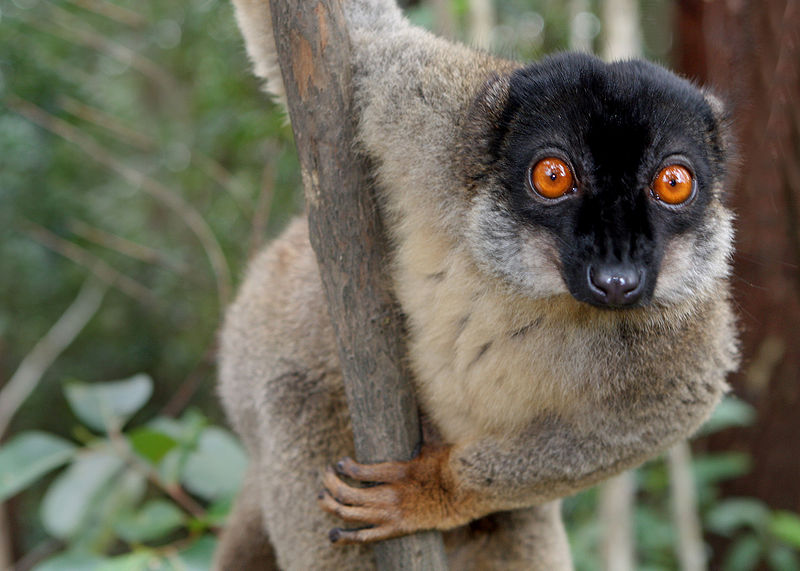
primates
The evolution story began around 65 millions years ago, with the explosive radiation of a group of small, arboreal mammals called the Archonta.
These considered a superorder in some classifications and they are mainly insectivorous mammals had large eyes and were most likely nocturnal they are very active at night.
Their radiation gave rise to different types of mammals, together with bats, tree shrews, and primates, the sequence order of mammals that contains humans.
Primates stand up from ancestors that lived in the trees of tropical forests and many primate characteristics represent adaptations to life in this challenging three dimensional environment.
Primates are mammals with two distinct features that allowed them to succeed in the arboreal and insect eating environment:
Not like the clawed fee of tree shrews and squirrels, primates have grasping and greedy hands and feet that let them grip limbs, hang from branches, seize food.
The first digit in many primates is opposable and at least some, if not all of the digits have nails.
Not like the eyes of shrews and squirrels which sit on each side of the head so that the two fields of vision do not overlap, the eyes of primates are shifted forward to the front of the face. This produces touching binocular vision that lets the brain judge distance precisely important to an animal moving through the trees.
Other mammals have binocular vision, but only primates have both binocular vision and grasping hands which makes them particularly well adapted to their environment.
While early primates were mostly insectivorous, their dentition began to change from shearing and triangular shaped molars specialized for insect eating to the more flattened, square shaped specialized for plant eating. A Primates that evolved later also show a continuous reduction in snout length and number of teeth.